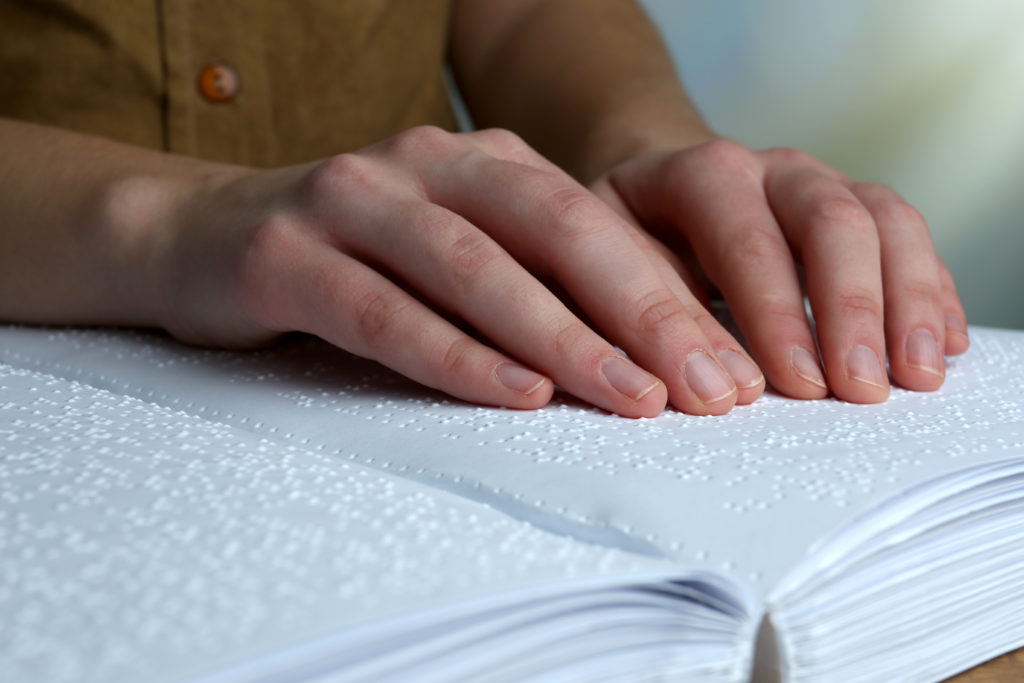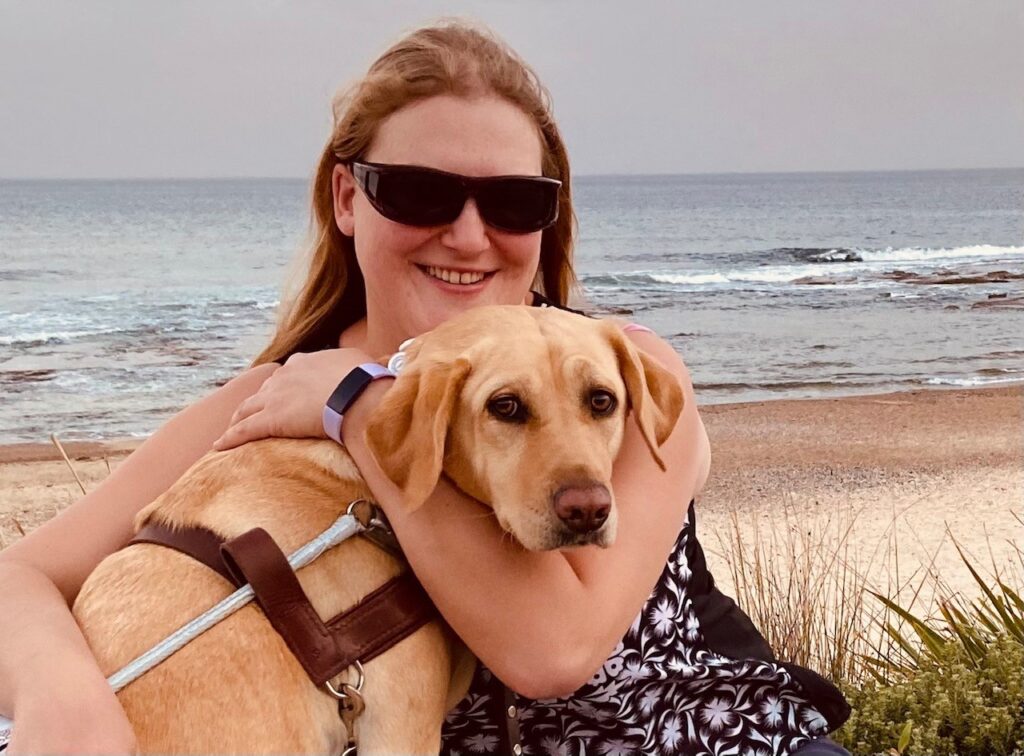By Katie Butler
When I think about major moments of transition or change in my life, there is often another person with disability intrinsic to that memory who guided me through that time, whether they knew it or not!
As a teenager I had a couple of friends who were a few years older than me. Reflecting on our friendship now, I know that their presence in my life was instrumental in cementing my own expectations for my mobility and independence. These friends modelled to me what it was to enjoy my agency, to use my voice to ask for what I needed and to be proud of who I was.
When we wanted to hang out, we used buses, trains or we walked to get to a destination. It seemed to me that nothing was unachievable with a bit of planning and a few handy techniques. And so, I began to get an understanding of public transport networks. I don’t think I ever dwelled on the fact that I’d never drive a car. This was obviously a perfectly okay way to get around.
When we needed someone at a café to read the menu for us, my friends showed me what it was to demonstrate confidence and pride in asking for that assistance.
I saw my friends fully embrace the use of mobility aids, and so my purple cane with bling became part of my identity, rather than something I had to take around with me.
These are lessons that have stayed with me ever since. And really, these things were just the start of what I’d continue to learn from my more experienced peers.
I left school early due to a number of factors, but foremost because I couldn’t keep up with the workload. I was resistant to using Braille and audio-based screen reading technology to process my reading and writing (I have no idea even why) and therefore suffered enormously with fatigue and pain trying to operate purely through the use of magnification software. I was hopelessly unproductive and my self-esteem, perception of my own capability and options for my future, were all unconsciously wrapped up with these ineffective methods I was hanging onto to access information.
After I left school, I happened to get involved with the local blind community through advocacy projects. I saw how other people operated their braille notetakers and screen readers and I became inspired to operate that way myself. And such is the ever-giving nature of that group of people, they helped me to get on my feet.

A person reading a book written in Braille
Some people gave their time to teach me handy techniques to operate a computer using a screen reader, one keystroke at a time. They pointed me in the direction of training modules I could work through myself to continue my learning and they were always there to ask questions of and to reassure me, that with persistence, I’d get the hang of it. I was lucky enough to be able to take up Braille training again with a trainer who is blind and become refamiliarised with the code I’d last used as a 10-year-old. With these developing skills I was able to complete a bridging course and start an Undergraduate degree. By that point, I was a perfectly competent screen reader and Braille user and 100 times more capable because of it. I never thought I’d end up at University, but suddenly with these skills, I was realising my potential.
My peers with disability have remained my greatest resource for navigating life with a disability. When I got my first job interview, it was them I turned to for advice about disability disclosure and talking about disability. I found out that it was up to me to initiate the discussion about how I would do a job with my blindness, and not to leave anyone wondering. I knew that I needed to launch a Job Access application as soon as I was offered a position to ensure my workplace assistive technology would be ready and waiting on day one, enabling my productivity and engagement. Often these learnings were passed down to me through the unfortunate experiences of others. Thanks to their generosity, I was able to avoid some of the same challenges.
Through covert role modelling and more purposeful advice giving, I’ve had numerous people with disability help me to set my personal expectations and to recognise my potential. They helped me find the best ways to succeed. And, they gave me the tools and strength to push through potential barriers and discrimination. These experiences have undoubtably fostered in me my own passion for spreading the power of peer support. Sometimes peer support happens organically, sometimes an opportunity needs to be created to allow it to flourish.
With each small act of sharing, or simply just doing and being, we give each other so much leadership which is invaluable in shaping others personal empowerment and purpose. It is a kind of empowerment that I don’t believe can come from any other intervention, therapy or service.
Never underestimate yourself or your power in being able to make a difference, and lead the way in someone’s life.
Katie is super passionate about her work in community development, particularly in the area of mobilising communities through peer support. She is also a proud social research nerd and adores nothing more than designing and evaluating cool initiatives that seek to bring about meaningful outcomes.

